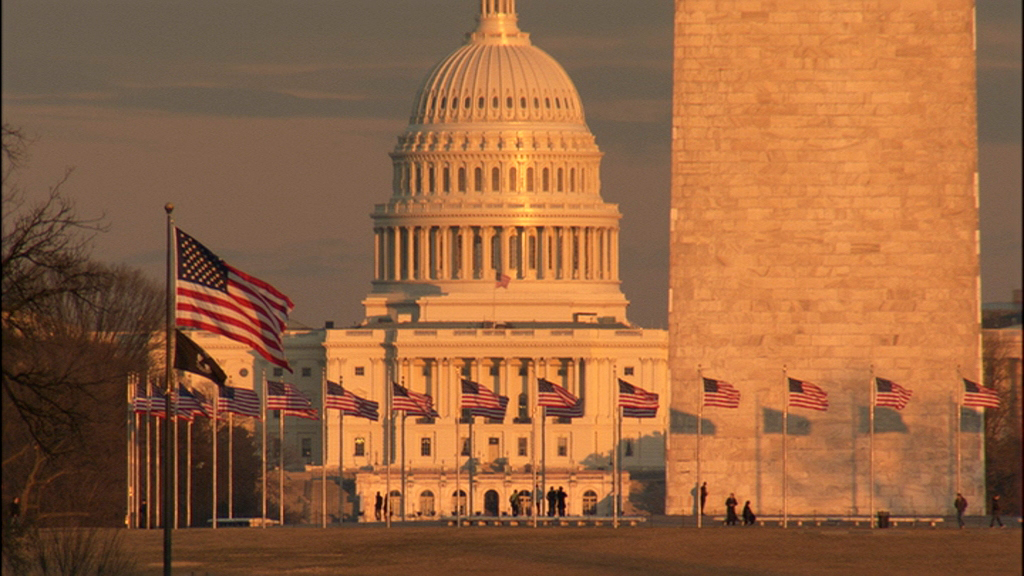By Stephen Orme
So – after two years of campaigning and $6 billion in campaign spending, the U.S. federal government remains essentially unchanged. The House of Representatives is comfortably in Republican hands; the Senate remains with the Democrats; and in the most important single election in global politics, President Barack Obama won re-election with just two states changing between hands between 2008 and 2012.
How, then, can Obama’s next four years escape the gridlock of the last? U.S. government is almost precisely as divided and entrenched as it was before Election Day. The answer to this dilemma can only lie in the utterly altered tones of the 2008 and 2012 presidential campaigns, and the transformation of Obama between these elections.
The Barack Obama of 2008 was a hero, an image as much as a politician: on the back of “hope”, “change” and “yes we can”, he swept to power with a 7-point margin and an Electoral College landslide. However in doing this, Obama all but wrote the strategy for his own frustrations. Faced with a ‘post-partisan’ President who had promised to almost single-handedly overcome the party divisions that scarred American politics, the strategy of the Republican Party opposition was simple and effective: “No.”
The President spent his first term bending over backwards to gain Republican support for his agenda that was never forthcoming. Leader of the Senate Republicans, Mitch O’Connell, openly admitted this: “The single most important thing we want to achieve is for President Obama to be a one-term president.” Obama eventually passed vast pieces of legislation like health reform and financial stimulus with little to no Republican support. Thus the candidate of hope and change became perhaps the most divisive figure in contemporary America. Obama fell so far in the public eye because, after the euphoria of 2008, he had so far to fall.
By 2012 then, Obama was a different man: older, greyer, and realistic to the point of a world-weary cynicism. Faced with winning re-election against low approval ratings and a weak economy, he resorted to the only tactic that could realistically work, a tactic utterly foreign to the tone of 2008: attack.
Obama’s winning strategy for this election was a mixture of “divide and conquer” and blatant aggression. Firstly, token policies were handed to the Democratic base. The halting of deportations of illegal immigrants was a deliberate and successful play for Hispanic votes; similarly, the President’s support for gay marriage and women’s rights re-enforced his strength amongst young voters and female voters.
Simultaneously, attack ads were released portraying the Republican nominee, Mitt Romney, as a wealthy, tax-dodging, out-of-touch “vulture capitalist.” One TV ad even linked Romney’s closing of an American factory with the death of a factory worker’s wife from cancer. This was realpolitik at its darkest – though it must be noted that Republican tactics were just as unscrupulous.
Exit polls have confirmed that 2012 was the most racially polarised election in American history; it is also the first time an incumbent president has won re-election while losing independent voters. Obama’s 2012 campaign, in short, has been the most ruthless and efficient in modern American history.
So what of the next four years? The Obama of 2008 is gone, the starry-eyed optimism of “Yes We Can!” replaced by the pragmatic, hard-headed slogan of 2012, “Forward.” After a first term marked by vain attempts to accommodate the other party, will the 2012 Obama become more forceful?
He may have no choice. Obama’s approach to the ‘fiscal cliff’, a looming winter deadline for tax and spending reform, may yield an early clue to his approach, depending on how hard a line is taken in negotiations with House Republicans. But ultimately, this aggression and confrontation is probably the President’s only option: the 2012 election was not won on the tidal wave of 2008, but by a gritty, destructive brawl.
America has enjoyed and abused four years of a President only too willing to find broad accommodation with people only interested in his defeat. Can this term’s Obama, free from personal electoral concerns, be more forceful, more adamant, more of a President than the last? We can only hope.
